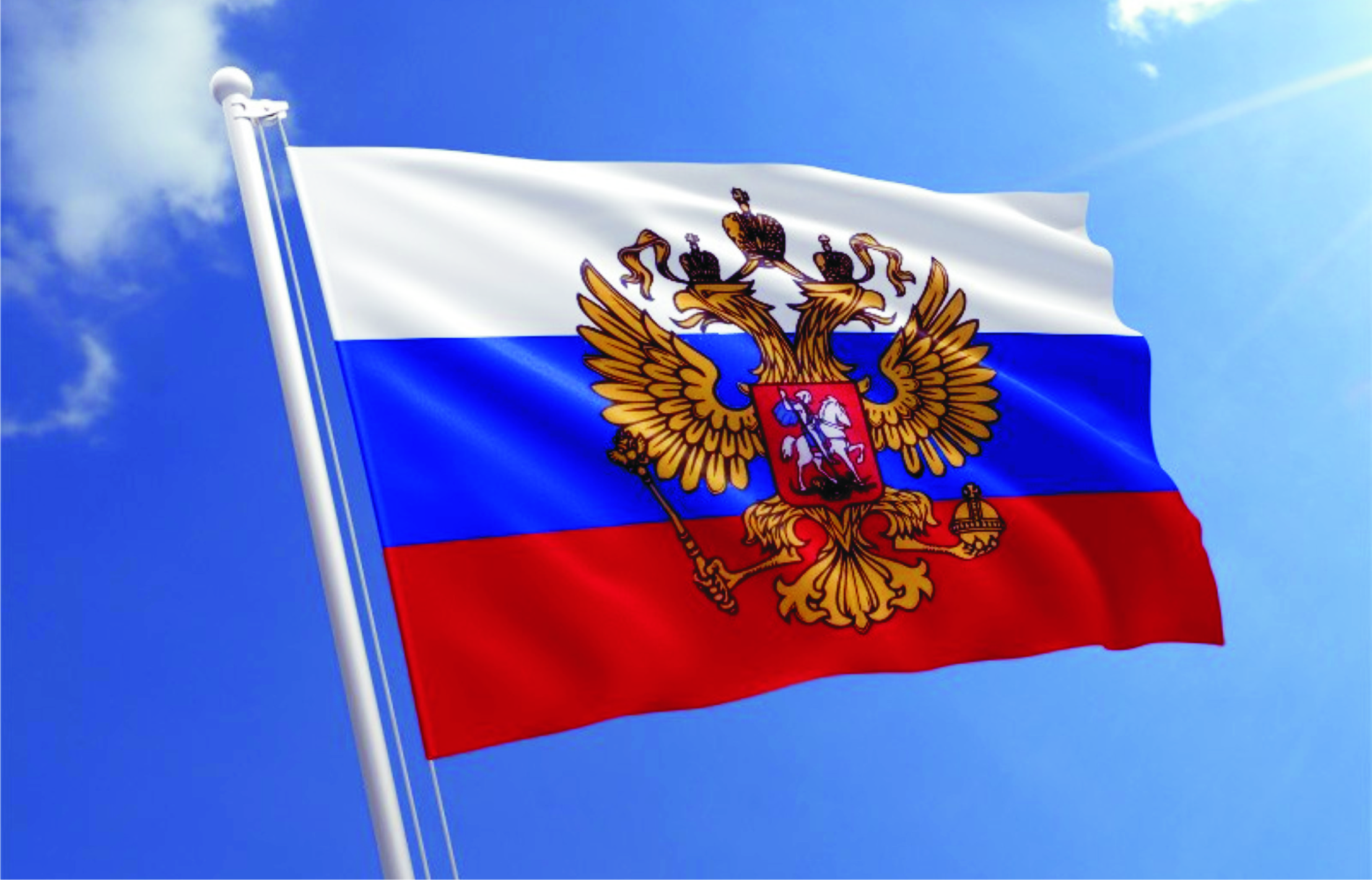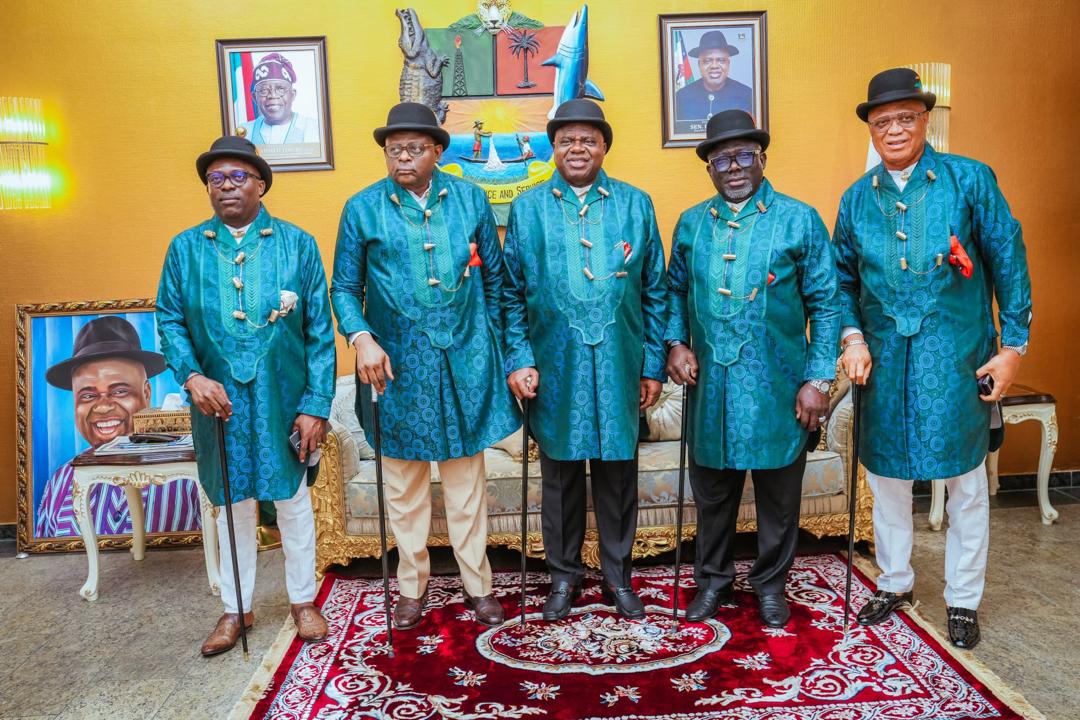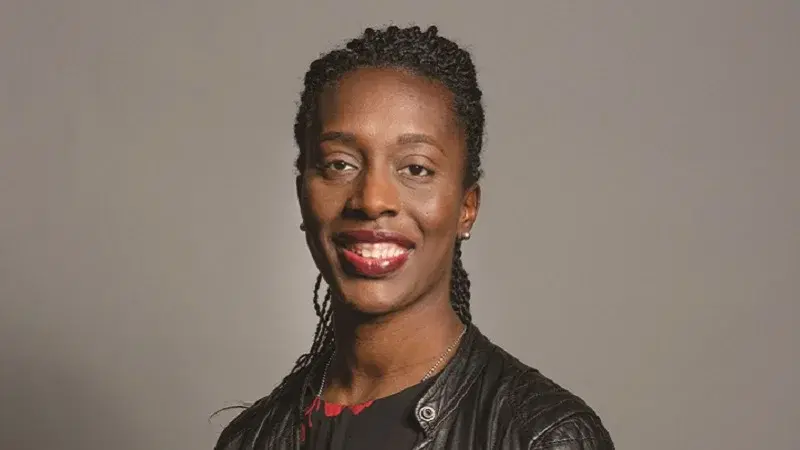News
How Russia-Africa Trade Increased To $18bn After 1st Summit -Putin

Russian President, Vladimir Putin, has said that Russia-Africa trade reached 18 billion dollars in 2022, which was necessitated by the first Russia–Africa Summit held in Sochi, Russia in 2019.
Putin said this yesterday at the ongoing Russian-African summit and Economic and Humanitarian Forum in St. Petersburg, Russia.
He said that Russia’s government, business and the public were sincerely interested in further deepening multifaceted trade, investment and humanitarian ties with Africa.
The Russian president said this would meet the needs of all countries and promote stable growth and prosperity.
“I have no doubt that by working together, we will be able to increase our trade substantially in the near future.
“Incidentally, in the first six months of 2023 alone, our export-import transactions with African countries increased by over one third.
“The structure of our trade looks good as well: machinery, equipment, chemicals and food account for over 50 per cent of Russia’s exports to Africa.
“We are aware of the importance of uninterrupted supply of food products to African countries. This is vital for their socioeconomic development and for maintaining political stability.
“This is why we will continue to give special attention to supplying wheat, barley, corn and other grain crops to our African friends, as part of humanitarian aid provided under the UN World Food Programme,” he said.
Putin said Russia’s trade with African countries in agricultural products increased by 10 per cent amounting to 6.7 billion dollars, and had already demonstrated record growth between January and June 2023 by 60 per cent.
He said Russia exported 11.5 million tonnes of grain to Africa in 2022 and almost 10 million tonnes in the first six months of 2023.
He explained that these had been taking place in spite of the “illegal sanctions” imposed on its exports, which constituted a serious impediment for exporting Russian food, complicating transport, logistics, insurance and bank transactions.
“We are witnessing a paradox. On one hand, the West seeks to block our grain and fertiliser exports while accusing us of the current crisis on the global food market.
“This is outright hypocrisy. We saw this approach in all clarity with the so-called grain deal brokered with the participation of the UN Secretariat.
“It was initially designed to promote global food security, mitigate the threat of hunger and help the poorest countries, including in Africa,” he said.
However, he said that in almost a year since the so-called deal was concluded, a total of 32.8 million tonnes had been exported from Ukraine.
The Russian president said over 70 per cent ended up in high-income and above-average income countries, including the European Union.
“I would like to draw your attention to the fact that countries like Ethiopia, Sudan, Somalia and several others received less than three per cent of this total, or under one million tonnes.”
He further said that among other things, the reason Russia agreed to take part in the “so-called” deal was because it contained commitments to lift the illegitimate obstacles for supplying grain and fertilisers to the global market.
Putin, however, noted that none of all what was agreed upon or promised, materialised.
“None of the conditions relating to lifting the sanctions against the exports of Russian grain and fertilisers to the global markets had been fulfilled.”
He said the country faced obstacles when trying to deliver mineral and fertilisers to the poorest countries that needed them for free, as its government discussed during the meeting with the leadership of the African Union.
“We managed to send only two shipments – just 20,000 tonnes to Malawi and 34,000 tonnes to Kenya, with 262,000 tonnes of these fertilisers blocked in European ports.
“All the rest remained in the hands of the Europeans, even though this initiative was purely humanitarian in nature, which means that it should not have been exposed to any sanctions, as a matter of principle.
“Ok, some may not want Russia to enrich itself, as they say, and use its revenue for military aims; fine.
“But these were free shipments! But no, they would not let them through, in spite of all this empty talk about their desire to help the poorest countries,” he said.
He assured that Russia could fill in the gap left by the withdrawal of the Ukrainian grain from the global market, either by selling its grain or by transferring it for free to the neediest countries in Africa.
Putin also announced that in the next four months, his government would supply at no cost 25,000–50,000 tonnes of grain each to Burkina Faso, Zimbabwe, Mali, Somalia, the Central African Republic as well as Eritrea.
“Ukraine produced about 55 million tonnes of grain in the past agricultural year, as exports amounted to 47 million tonnes, including 17 million tonnes of wheat.
“While Russia harvested 156 million tonnes of grain last year, it exported 60 million tonnes of which 48 million tonnes was wheat.
“Russia’s share of the world wheat market is 20 percent, while that of Ukraine is less than five per cent. This means that Russia is a significant contributor to global food security and a solid, responsible international supplier of agricultural products.
“On this note, hose who claimed that this was not the case, that it was only to secure the so-called grain deal to export Ukrainian grain, were simply twisting the facts and telling untruths.
“We are seeking to actively participate in the formation of a more equitable system for the distribution of resources and we are doing our best to prevent a global food crisis,” Putin assured.
He further assured that Russia would continue to support states and regions in need, as well as those that need humanitarian supplies.
The Tide source reports that the summit which started on July 27 and will end on July 28 has its theme as “Technology and Security in the Name of Sovereign Development for the Benefit of Humankind”.
The Tide source is one of the media partners of the Russia-Africa Summit 2023 and its Managing Director, Mr Buki Ponle, is also attending the event.
News
Let’s Approach Regional Development Issues Differently – Fubara …As S’South Govs Host Fubara To 50th Birthday Celebration

Rivers State Governor, Sir Siminalayi Fubara, has sued for a change in the current approach adopted by South South Governors in their pursuit to achieve holistic regional development and economic prosperity.
The governor insisted on de-emphasis in vested individuals’ political interests while looking at the bigger picture of achieving enduring regional integration that will strengthen unity of purpose to change the trajectory of development in the region.
Fubara made the appeal during the meeting of Governors of South-South States, under the auspices of BRACED Commission, at the Bayelsa State Government House in Yanagoa on Tuesday.
This was contained in a statement by the Chief Press Secretary to the Governor, Nelson Chukwudi.
BRACED is an acronym for Bayelsa, Rivers, Akwa Ibom, Cross River, Edo and Delta.
He said: “I want to appeal that if we have to succeed in this drive, we need to keep our political differences aside and understand that the struggle, as at today, is for posterity, for the development of our region.
“It is really sad that in Niger Delta that is the economic base of this country, the construction of a road that you tagged ‘East-West Road’ could be an issue, that we need to beg, protest, and complain to get it fixed. I don’t think it is proper.”
Governor Fubara stated that it is not that the federal authorities do not understand that Niger Delta needs the road but quickly added that they have seen that even the people of the region do not take themselves seriously.
The governor said the moment Niger Delta people stopped playing to the gallery, and place value on themselves, outsiders will have no option than to accord the region and its people due regard.
Fubara said: “On my part, I want to say this: This is not the first time we are meeting. For me, I followed the course of the region meeting in a forum that we tagged “BRACED Commission.”
“BRACED Commission is also one of the bodies that was constituted at that time to support and work out development strategies for this region. But what I am seeing today is just limiting this meeting to only BRACED COMMISSION.
“We need to widen the scope where other leaders of the region should be part of the discussion of the development of the region, and I think this is the direction that will help the region.”
Reading the Communique of the meeting, the new Chairman of the Forum of Governors of South-South States, and Governor of Bayelsa State, Senator Douye Diri, said they support the Federal Government Tax Reform Bills, and urged President Bola Tinubu to extend the Value Added Tax (VAT) sharing percentages to oil and gas derivation.
He stated the Forum’s request to the Federal Government to urge relevant stakeholders and agencies to extend remediation of polluted environment ongoing in Ogoni land to other impacted communities and States in the region.
Governor Diri also said that the Forum resolved to establish a structural regional security network to enhance safety and security, foster stable Niger Delta region conducive for economic growth and prosperity.
Highlight of the event was the hosting of Governor Fubara to a surprise 50th Birthday celebration by the Governors of South-South States at the Government House in Yenagoa.
News
Fubara Lauds Tinubu For Setting Up Education Load Fund … Vows To Ensure Rivers Benefit Maximally From Scheme

The Rivers State Government has applauded President Ahmed Bola Tinubu for conceiving the idea of setting up the Nigeria Education Loan Fund (NELFUND) which has opened up opportunities for youths to acquire tertiary education irrespective of their financial status.
Rivers State Governor, Sir Siminalayi Fubara, gave the commendation while playing host to a delegation from NELFUND who came on an advocacy visit to the Government House in Port Harcourt on Tuesday.
Represented by his deputy, Prof. Ngozi Nma Odu, Governor Fubara said in developed countries it is common for people to go through school with loans which they sometimes pay all throughout their lives, noting that “for us, it is more accessible and more friendly because you would be required to pay back the loan two years after your National Youth Service.
“It is a win-win situation; it is a situation where the youths in Nigeria should not say because my parents are poor or passed away I cannot improve on my educational growth. This offers them a golden opportunity and I am glad you came for this advocacy.”
The governor urged NELFUND to intensify its advocacy to let the people know how they can benefit from it, adding that it is more important when talking about vocational institutions.
“If you look at the developed countries it is people that went to the vocational schools that make so much money, because it is pricey to get somebody to do anything, we need to instil this into our people, our youths, because people sometimes tend to look down on people that went to vocational schools, it should not be,” he said.
Fubara expressed delight with the NELFUND programme and assured that the State Government would do whatever it can to ensure Rivers State benefits maximally from the scheme.
In his remarks, the Managing Director and Chief Executive of NELFUND, Dr. Akintunde Sawyer, informed the governor that they were in Rivers State to seek the support of the State Government towards the loan, stressing that President Tinubu has directed them to ensure no Nigerian student who has the ability and desire to get educated at tertiary level is denied the opportunity due to lack of funding.
He explained that the scheme provides interest-free loans to students who apply, adding that these loans are not repayable until two years after their Youth Service when they must have gotten a job.
News
UK Appoints British-Nigerian As Trade Envoy To Nigeria

A British-Nigerian politician, Florence Eshalomi, has been appointed as the United Kingdom’s trade envoy to Nigeria.
Her appointment makes Eshalomi the second Nigerian to hold the position.
Confirming her appointment on X on Tuesday, she wrote: “It is an honour to have been appointed as the United Kingdom’s Trade Envoy to Nigeria.
“I’m looking forward to building on my close ties with Nigeria to promote a strong and flourishing economic relationship between our two great nations.
“I am looking forward to strengthening the UK’s relationship with Nigeria to explore shared growth and opportunities for both countries.”
Announcing the appointment in a statement on Tuesday, Jonathan Reynolds, the UK’s Business and Trade Secretary, said the decision was aimed at attracting investment into the UK and boosting economic growth.
“I’ve launched a new team of trade envoys who will use their experience, expertise, and knowledge to unlock new markets around the world for British businesses, attract investment into the UK, and ultimately drive economic growth,” Reynolds said.
Eshalomi, 44, is an MP representing the Vauxhall and Camberwell Green constituency.
She holds a Bachelor of Arts (Hons) in Political and International Studies with Law from Middlesex University.
-
Niger Delta5 days ago
D’Gov Tasks APWEN, Others On SMART Goals
-
Nation4 days ago
50% Telecom Tariff Hike: NLC Fixes Date For Nationwide Protest
-
Niger Delta4 days ago
Dep Gov Tasks Perm Secs On Collaboration, Productivity
-
Business4 days ago
$1trn Economy: LCCI Advocates More Investments In Telecom Infrastructure
-
News5 days ago
TotalEnergies On Red Alert As Ekpeye Monarch Dissolves UCA
-
Rivers4 days ago
RSG Seeks Stakeholders’ Collaboration For Women, Children Improvement
-
Niger Delta5 days ago
Speaker, Delta Assembly urges NUJ to check quacks
-
Nation4 days ago
UNIZIK Lecturers Protest Non-Payment Of Salaries For Five Years

